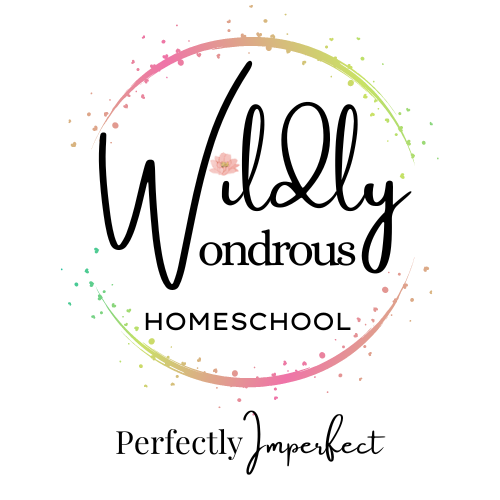Scholé Manifesto
As a classical teacher, I don’t hear nearly enough about this word: Scholé.
It’s a Greek word that means to rest.
Scholé learning is about learning from rest: learning through play, wandering down rabbit holes, standards be damned.
It’s the way humans are wired to learn.
Yet, as our education system falters, we lean harder on tests, standards, and “rigor.” But at what cost?
When international test scores were compared, many were surprised to see Finland near the top. Their schools look nothing like those with strict schedules, high-stakes expectations, and endless desk work. But when you understand how children learn, it makes perfect sense. Finnish students get 15 minutes of recess for every hour of class. They prize outdoor time and social-emotional growth over traditional seatwork.
It’s not that rigor never works—it’s that it fights against our very nature.
I picture Aristotle reclining in a sunny square, wine glass in hand, holding conversations we still study today. His students sat beside him, enchanted, so immersed in discovery that they hardly noticed they were learning at all.
The School of Athens by Raphael depicts school as it should be, a meeting of minds
That’s what I want for my kids:
an environment where curiosity and creativity come first.
Where learning how to think, how to communicate, and how to keep learning matters more than ticking off standards.
If our students can do that, there is nothing they cannot do.
At a time when children are bombarded with information, Scholé gives them the space to discern truth from fiction, beauty from noise, and good from merely distracting.

